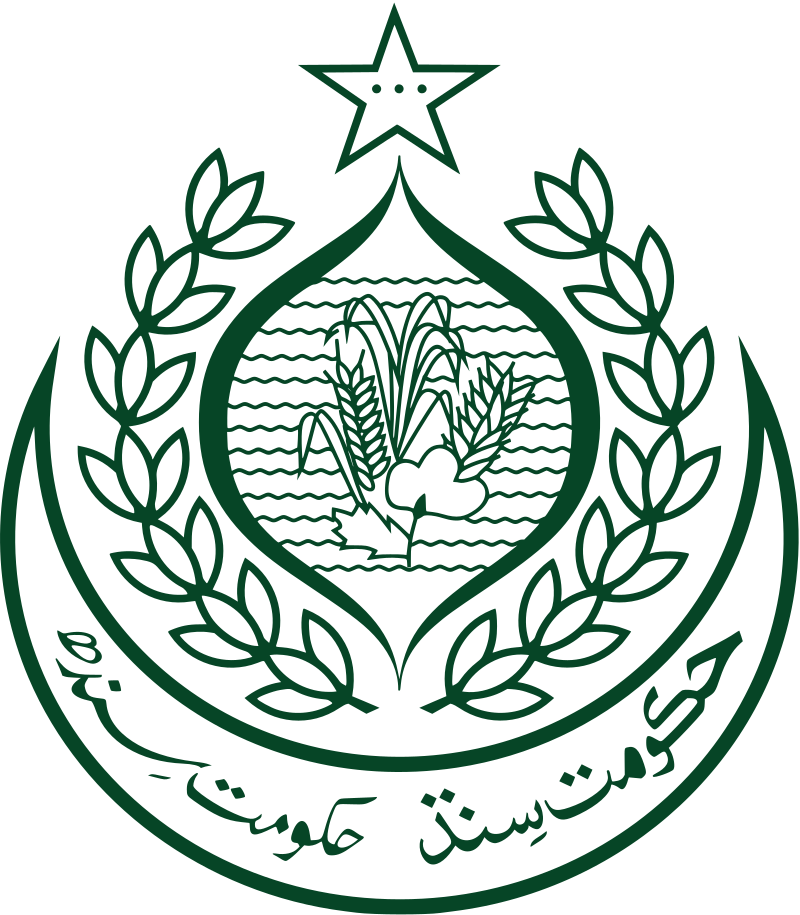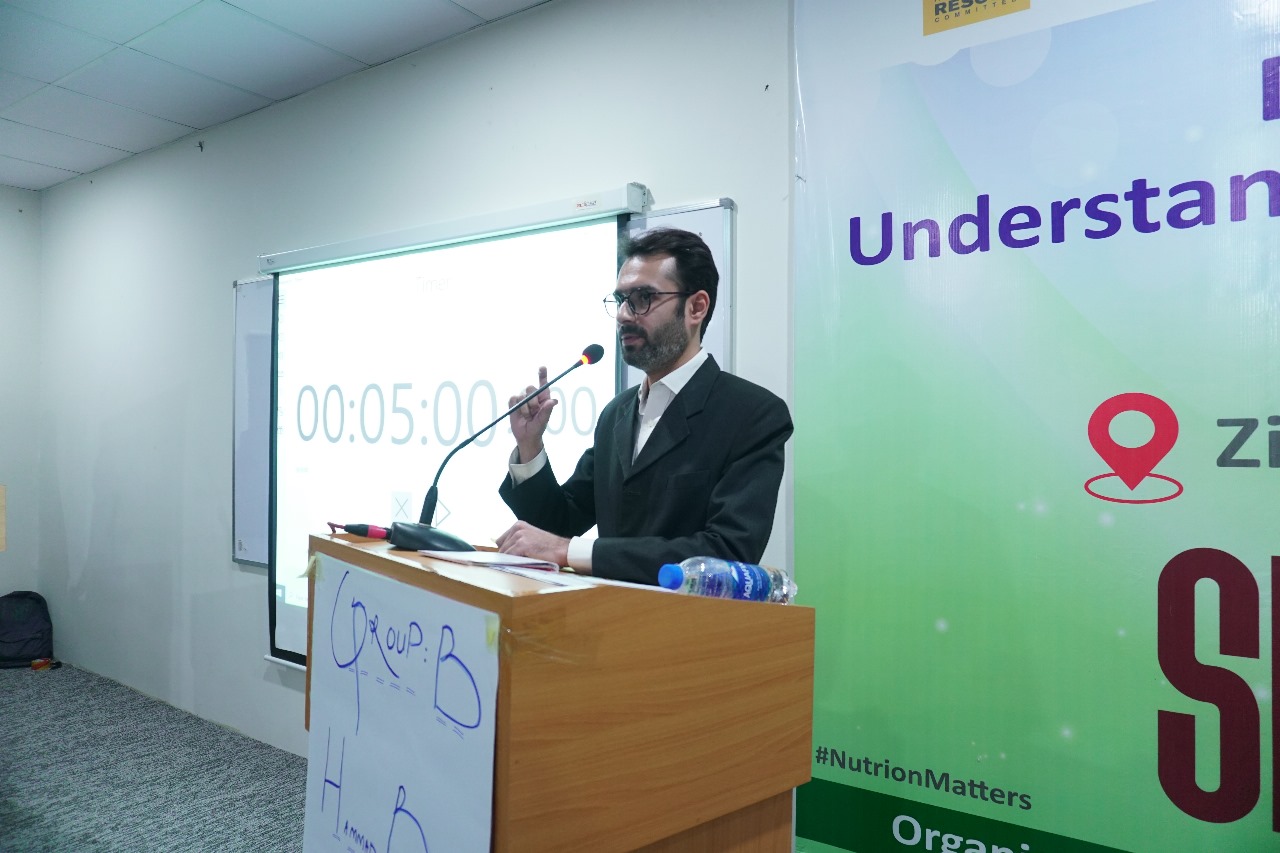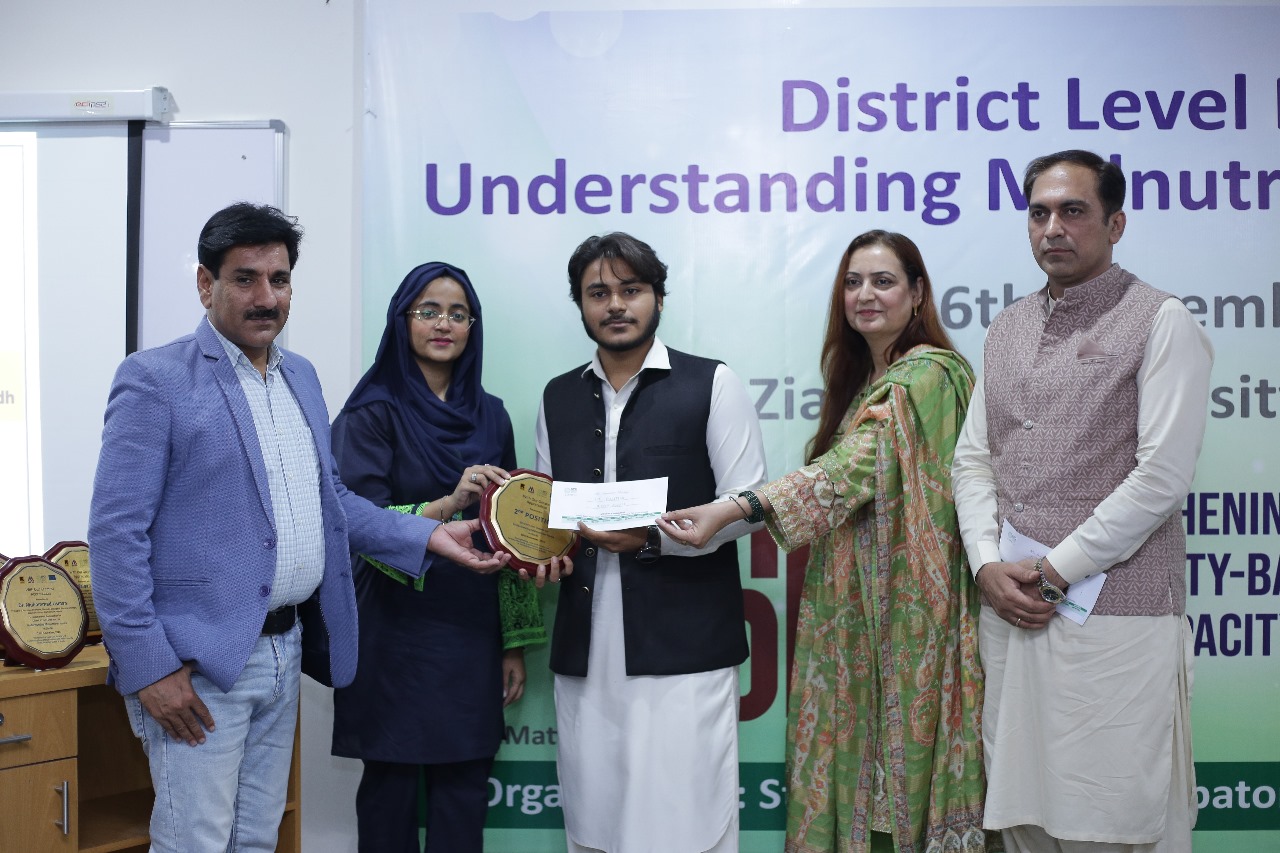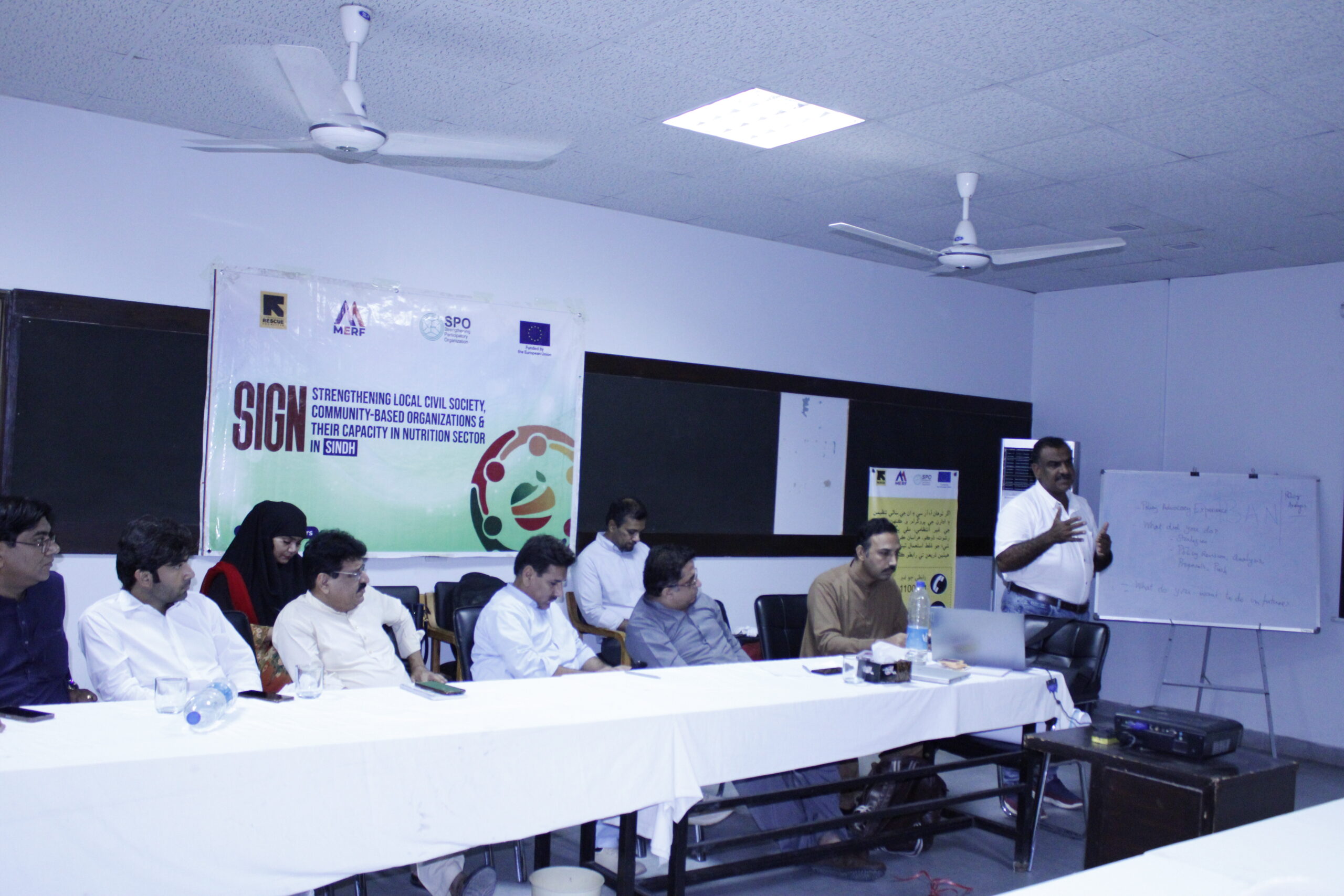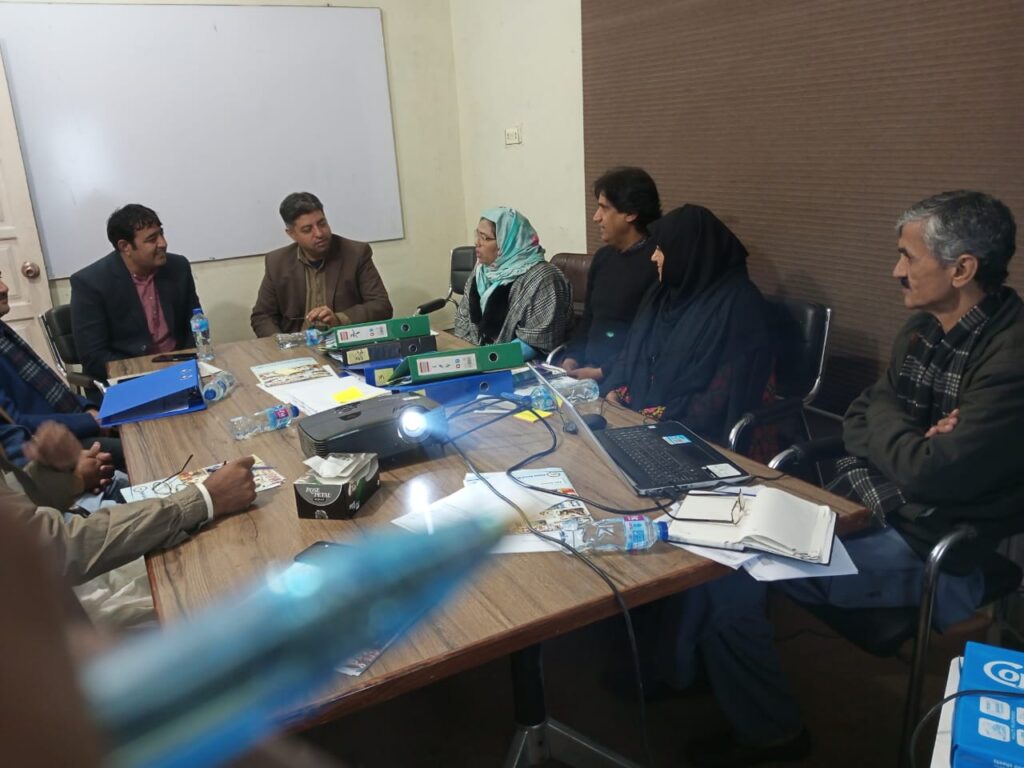
CSOs Organizational Capacity Assessment and Growth Plan
Strengthening Participatory Organization (SPO) in collaboration with the International Rescue Committee (IRC), the Organizational Growth and Change Plan (OGCP) targeted 15 Civil Society Organizations (CSOs) across five districts of Sindh: Ghotki, Khairpur, Kashmore, Sukkur, and Naushahro Feroze. This initiative aimed to address organizational capacity gaps and provide tailored strategies to enhance governance, operational systems, and advocacy capabilities, particularly in the nutrition sector. By strengthening the foundations of these organizations, the OGCP enabled them to deliver more impactful services and foster sustainable development in their communities.
The assessment revealed several challenges in governance, human resources, financial management, and operational systems. Key issues included unclear decision-making processes, underdeveloped staff policies, reliance on manual financial systems, and inadequate monitoring and evaluation frameworks. To address these gaps, each CSO developed a customized growth plan focusing on strategic improvements such as updating organizational structures, developing comprehensive policies for finance, HR, and procurement, and establishing monitoring and evaluation systems to ensure accountability and project quality. Additional steps included forming senior management teams, revising mission and vision statements, and building filing systems for effective record management.
To ensure the success of the growth plans, SPO and IRC facilitated targeted capacity-building initiatives. Training sessions on financial management, project planning, and advocacy strategies empowered CSOs to adopt evidence-based approaches, diversify funding sources, and establish strategic partnerships. By implementing these recommendations, the 15 CSOs improved operational efficiency, strengthened advocacy efforts, and enhanced their role in addressing malnutrition and promoting social change. The OGCP served as a roadmap for fostering transparency, inclusivity, and resilience within these organizations, enabling them to make a lasting impact on the health and nutrition landscape of Sindh.
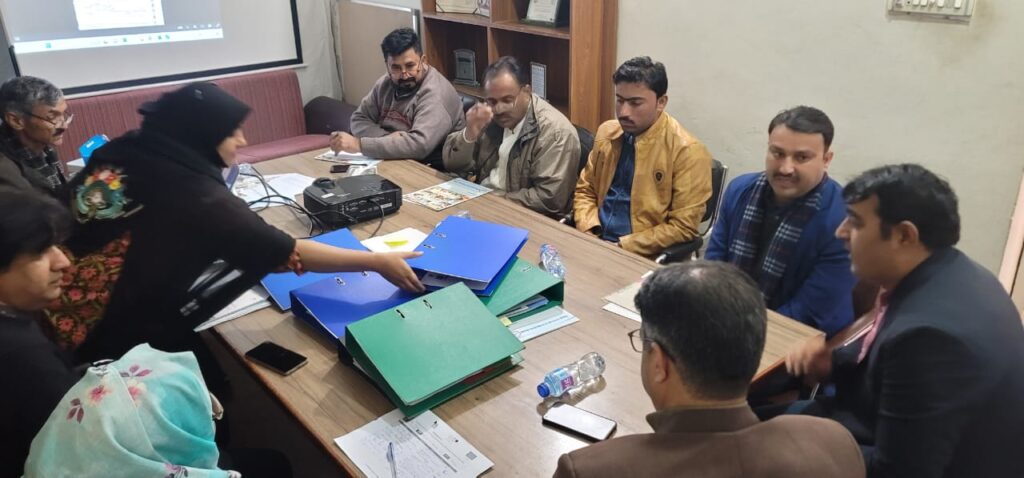
Organizational Capacity Building in Sindh: The process of strengthening the skills, resources, and systems of organizations in Sindh, particularly Civil Society Organizations (CSOs), enabling them to better fulfill their missions and serve their communities effectively.
Civil Society Governance and Sustainability: Refers to the processes and practices that ensure CSOs are well-governed, with clear decision-making structures, and are financially stable and capable of delivering long-term, impactful services.
Nutrition Advocacy in Sindh: Programs and campaigns aimed at raising awareness and promoting actions to address nutrition-related issues in Sindh, such as malnutrition, by influencing policy, public perception, and stakeholder engagement.
Community-Led Development Initiatives: Development programs that prioritize the active participation and leadership of local communities in identifying their needs, setting priorities, and implementing projects to address social issues such as nutrition, health, and education.
CSO Operational Efficiency: The ability of Civil Society Organizations to streamline their operations, reduce waste, and maximize the impact of their efforts through effective management of resources, processes, and people.
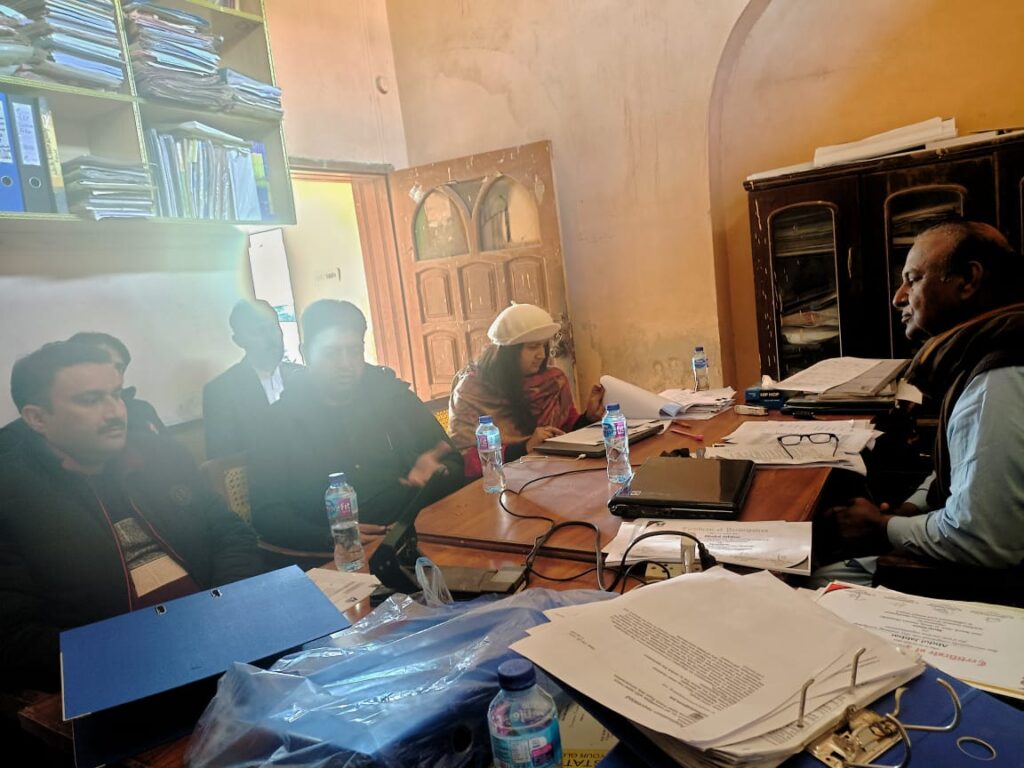
MEAL Systems for NGOs: Monitoring, Evaluation, Accountability, and Learning systems that help NGOs track the progress of their projects, evaluate outcomes, ensure accountability to stakeholders, and incorporate lessons learned into future initiatives.
Strategic Planning for CSOs: The development of long-term plans and goals for Civil Society Organizations, aligning resources and activities with the organization’s mission to maximize its impact on the community and achieve sustainable change.
Financial Management in Civil Society: The management of financial resources within Civil Society Organizations, ensuring proper budgeting, accounting, reporting, and financial accountability to support the organization’s mission and goals.
Evidence-Based Advocacy Strategies: The use of data, research, and proven methodologies to design and implement advocacy efforts that are grounded in facts and can influence decision-makers, stakeholders, and the public for social change.
Gender-Inclusive Policy Development: The creation of policies that address gender equality and inclusivity, ensuring that both women and men, and people of all genders, have equal opportunities and representation in decision-making processes.

